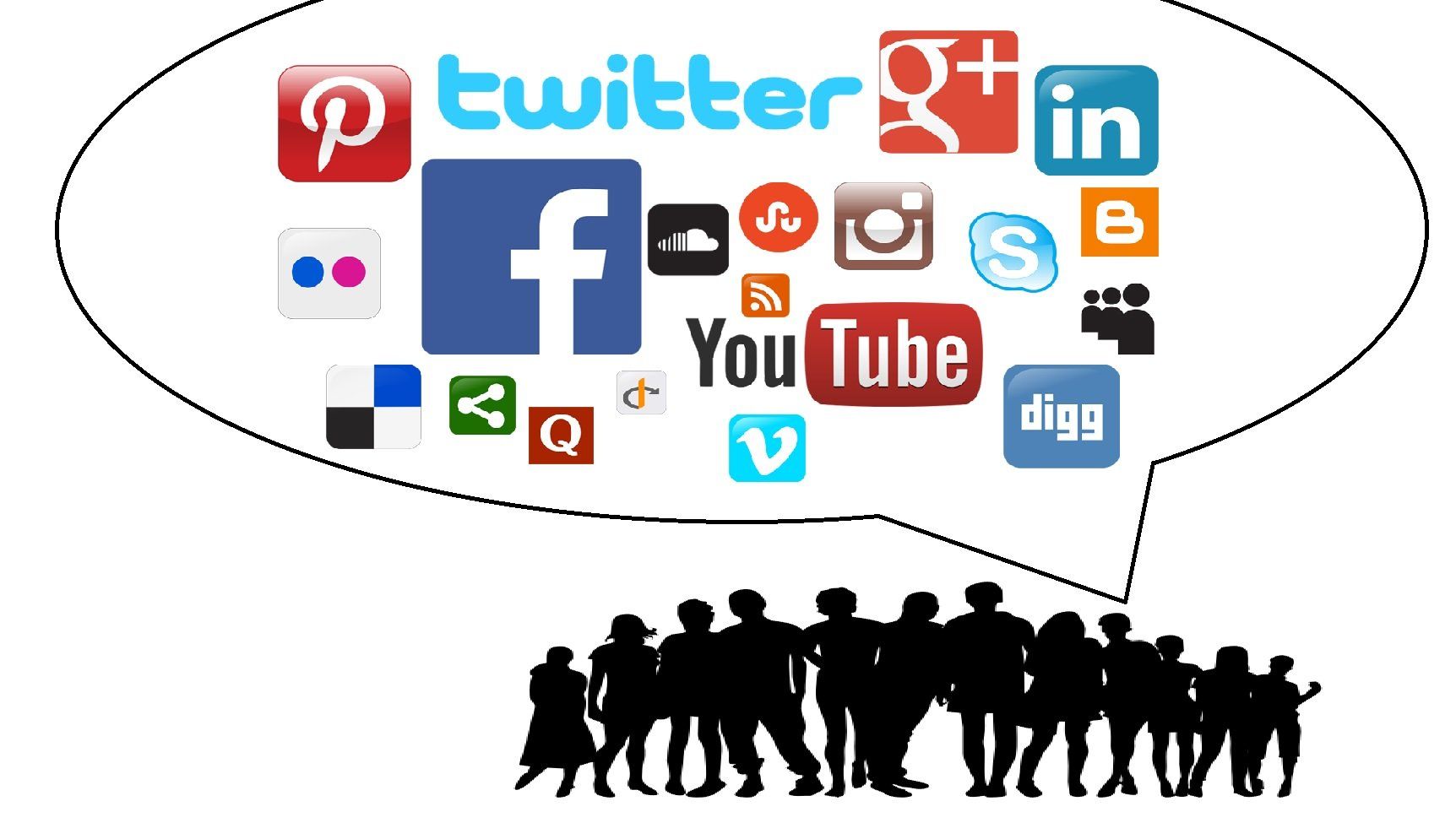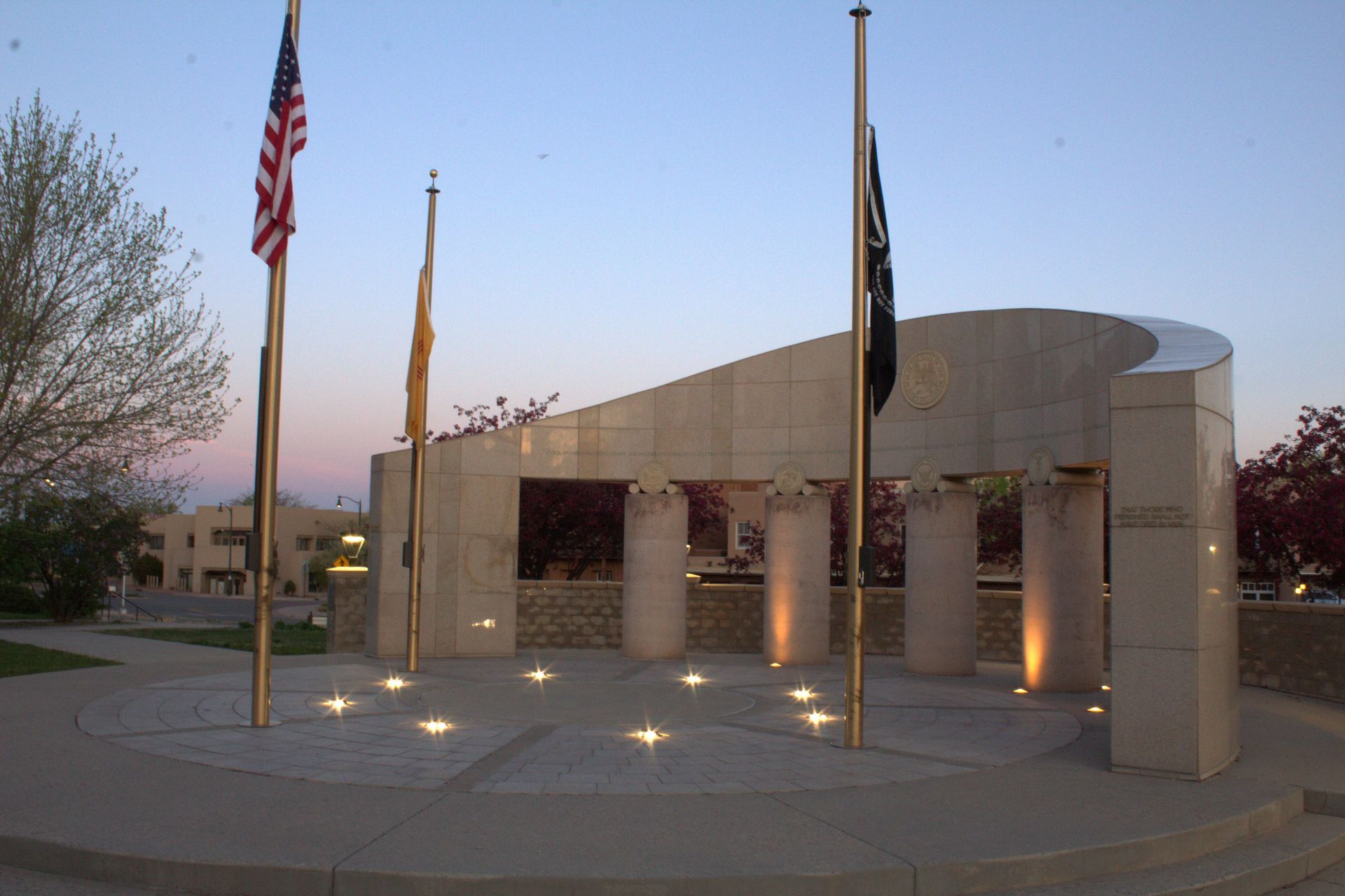Who Do We Protect?
Jeff Hutchinson • April 5, 2022
Spring 2022 has stirred up lots of emotions and most of them have been uncomfortable and unwanted. The common thread holding these insomnia-inducing events together is the concept of protection: who needs protection; who is the protector; and what does protection looks like. Here are a few examples of the statements people have made:

We need to protect the Ukrainian citizens who are being attacked.
Senator Booker’s impassioned speech was to protect Judge Brown Jackson.
We need to stop AAPI hate.
Title 42 (pandemic response) helps protect the border.
Will Smith’s slap was to protect Jada.
Governor DeSantis’ “Don’t say gay” law protects children.
Masks are no longer needed to protect people from COVID.
It is likely that you disagree with at least one of those statements and agree with at least one.
Protecting those we care about is human, tribalistic and necessary for our existence. How we protect the people we care about is where we disagree, and feelings are bruised. The unspoken reality is that not everyone gets the same protection.
Anything we deem important or meaningful to us triggers our protective response which is rewarded and nurtured differently based on our culture. Our instinct kicks in when we perceive danger, and we are no longer thinking but feeling; we are being human. Feelings take over, but we can still think through the process. We can recognize that our actions reflect how we are categorizing and defining groups as “us” and “them.” We protect the people we identify with and feel threatened when we are part of the group that is identified as the aggressor. Slowing down to think can help us realize that our protective reaction may not be necessary because our goals might be the same.
When the phrase “toxic masculinity” is used I know as a man which camp I am sorted into. When the terms scientific and evidence-based are used I know as a doctor which team I belong to. Race, gender identity, nationalism, and any other identity I may have, assigns me to a side until I profess any commitment to the contrary. Look at the statements again and see which identity is being protected.
We need to protect the Ukrainian citizens who are being attacked - Europeans
Sen Booker’s impassioned speech was to protect Judge Brown Jackson – Black women
We need to stop AAPI hate – Asian Americans
Title 42 (pandemic response) helps protect the border – Border protectors
Will Smith’s slap was to protect Jada – People with disabilities
Governor DeSantis’ “Don’t say gay” law protects children – non-LGBTQ+ children
Masks are no longer needed to protect people from COVID – Immunized and immunocompetent people
Changing identities or appreciating the perspective of a different identity is difficult, and there is enormous peer pressure to discourage us from leaving the group. Identity influence cannot be ignored, but we can recognize what is happening and try to compromise which is also a critical survival skill. Consider these questions the next time you hear a statement that sparks your emotion.
Which identity do I identify with? We can engage when we feel connected, and we can disengage by highlighting our differences. It is uncommon but possible to change your perspective when you strongly identify with a group. If you disagree with a statement like “We need to protect the unvaccinated” think of how you can identify with the people being protected: those unvaccinated because of health reasons or vaccine availability. The goal is to lower the emotional temperature and allow us to think and be less reactive.
What does being protective mean to me?
We can provide protection physically, mentally, or emotionally based on our abilities and experience. The pleasure of protecting those we care about is undeniable, and the pain of seeing someone who is part of our group hurt is also palpable. The best way to change the narrative is to change how we define our groups. When we bring more of “them” into the camp of “us” we are more likely to protect “them.”
Realize that our feelings are always changing. No one is always mad or happy or sad. Emotions change like the weather, and sometimes we must journey through the storm. Other times we use the sunshine or wind to grow and travel. Changing how we think is no different than recognizing that our feelings change. COVID proved that we can change when we need to change, but most of us agree that it’s easier on our brain to lump things together and simplify what we see. We are made to protect, and we can choose who we want to protect.
Senator Booker’s impassioned speech was to protect Judge Brown Jackson.
We need to stop AAPI hate.
Title 42 (pandemic response) helps protect the border.
Will Smith’s slap was to protect Jada.
Governor DeSantis’ “Don’t say gay” law protects children.
Masks are no longer needed to protect people from COVID.
It is likely that you disagree with at least one of those statements and agree with at least one.
Protecting those we care about is human, tribalistic and necessary for our existence. How we protect the people we care about is where we disagree, and feelings are bruised. The unspoken reality is that not everyone gets the same protection.
Anything we deem important or meaningful to us triggers our protective response which is rewarded and nurtured differently based on our culture. Our instinct kicks in when we perceive danger, and we are no longer thinking but feeling; we are being human. Feelings take over, but we can still think through the process. We can recognize that our actions reflect how we are categorizing and defining groups as “us” and “them.” We protect the people we identify with and feel threatened when we are part of the group that is identified as the aggressor. Slowing down to think can help us realize that our protective reaction may not be necessary because our goals might be the same.
When the phrase “toxic masculinity” is used I know as a man which camp I am sorted into. When the terms scientific and evidence-based are used I know as a doctor which team I belong to. Race, gender identity, nationalism, and any other identity I may have, assigns me to a side until I profess any commitment to the contrary. Look at the statements again and see which identity is being protected.
We need to protect the Ukrainian citizens who are being attacked - Europeans
Sen Booker’s impassioned speech was to protect Judge Brown Jackson – Black women
We need to stop AAPI hate – Asian Americans
Title 42 (pandemic response) helps protect the border – Border protectors
Will Smith’s slap was to protect Jada – People with disabilities
Governor DeSantis’ “Don’t say gay” law protects children – non-LGBTQ+ children
Masks are no longer needed to protect people from COVID – Immunized and immunocompetent people
Changing identities or appreciating the perspective of a different identity is difficult, and there is enormous peer pressure to discourage us from leaving the group. Identity influence cannot be ignored, but we can recognize what is happening and try to compromise which is also a critical survival skill. Consider these questions the next time you hear a statement that sparks your emotion.
Which identity do I identify with? We can engage when we feel connected, and we can disengage by highlighting our differences. It is uncommon but possible to change your perspective when you strongly identify with a group. If you disagree with a statement like “We need to protect the unvaccinated” think of how you can identify with the people being protected: those unvaccinated because of health reasons or vaccine availability. The goal is to lower the emotional temperature and allow us to think and be less reactive.
What does being protective mean to me?
We can provide protection physically, mentally, or emotionally based on our abilities and experience. The pleasure of protecting those we care about is undeniable, and the pain of seeing someone who is part of our group hurt is also palpable. The best way to change the narrative is to change how we define our groups. When we bring more of “them” into the camp of “us” we are more likely to protect “them.”
Realize that our feelings are always changing. No one is always mad or happy or sad. Emotions change like the weather, and sometimes we must journey through the storm. Other times we use the sunshine or wind to grow and travel. Changing how we think is no different than recognizing that our feelings change. COVID proved that we can change when we need to change, but most of us agree that it’s easier on our brain to lump things together and simplify what we see. We are made to protect, and we can choose who we want to protect.
Comments

The model minority myth is problematic it is used as a tool to help perpetuate racial hierarchies. Nigerian Americans as a group are successful but never seen as a model minority. The systemic racism that requires group ranking would break under the pressure of recognizing successful Black identifying groups like Nigerian Americans or HBCU graduates. There are individual and institutional paths to address stereotypes worth considering.

Mental health is health. ( Trigger Warning - Suicide)
Try these four techniques to help you through.
1. When the news of corrupt or self-serving people in power leave you feeling helpless, do something that you can control. Pick a junk drawer that you can tackle in one sitting and organize it.
2. Physical activity changes us physiologically and can help clear our thinking.
3. Be specific in what you are grateful for
4. Allow people to help you
Cleaning out a junk drawer may be what you need to stop doom-scrolling.
In medicine we classify a problem as acute meaning that it recently happened or chronic for ailments that are at least 6 months old. This classification helps when trying to make a diagnosis and more importantly when thinking about what steps to take next. Racism is both an acute and chronic problem.










